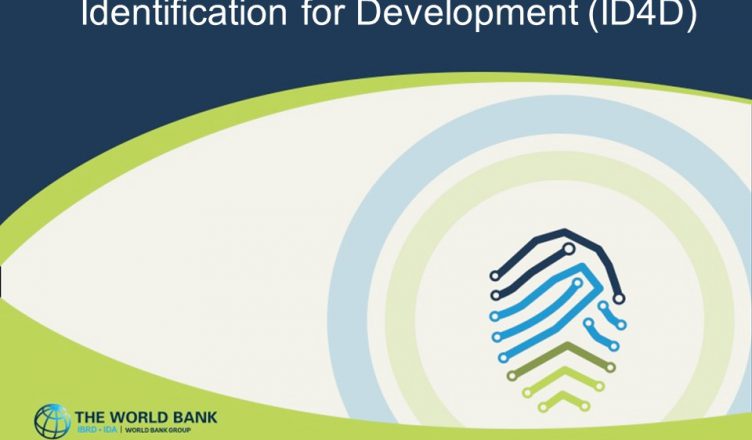Being able to prove one’s identity is more than a convenience; it is based on fundamental human rights.
Identification (ID) is indispensable for ensuring access for individuals to educational opportunities, financial services, health and social welfare benefits, economic development, as well as allowing electoral participation for citizens.
Yet in the developing world, more than two billion people lack an official ID. The problem disproportionately affects children and women, from poor rural areas in Africa and Asia.
The new Sustainable Development Goals (SDG) agenda highlights the role of robust identification systems and their importance to development — specifically as one of the proposed SDG targets (#16.9), but also as a key enabler of the efficacy of many other SDG targets. Although there is no one model for providing legal identity, this SDG would encourage states provide people with free or low-cost access to widely accepted, robust identity credentials.
Regardless of the modalities to achieve it, unique identification — together with its associated rights — is becoming a priority for governments around the world. The international community should join forces to support this goal.
There are currently obstacles to official ID efforts, most notably in terms of inefficient systems and practices. Disparate initiatives and siloed investments in registration and identification systems are likely to be wasteful and duplicative, detracting from the far-reaching public and private sector implications of universal digital identities. A standards-based approach to ensure interoperability of systems — both at national and regional level — could help drive technology costs down and enhance service delivery across boundaries.
Recognizing the transformational potential of 21st century ID systems for the delivery of basic services to the poor, last year the World Bank launched its Identification for Development (ID4D) agenda. The goal is making everyone count by providing an identity and delivering digital ID-enabled services to all.
As a stepping stone towards that vision, we’re launching consultations around the ID4D Integration Approach. This study, developed in collaboration with Accenture Development Partnerships, helps to conceptualize the design and implementation of ID4D programs in a highly integrated, interoperable and scalable manner that can produce huge savings for citizens, government and businesses.
The report will help power the upcoming eID Conference, which takes place in Washington, DC on September 28-29, 2015. A joint team, representing both Accenture and the World Bank, will host a workshop to present the preliminary results of the study and will seek feedback from the audience of policymakers, donor partners and private sector representatives, on the way forward.
The workshop will also explore how pooled approaches and federated ID systems at the regional or sub-regional level can help in strengthening the value proposition of ID4D programs, with the overarching goal of achieving the SDGs vision and specific country targets faster and in a cost-efficient manner, at scale.
The final post-2015 agenda, to be adopted at the UN General Assembly this week, represents the most important effort to date by the international community to address the major development challenges facing the world. While much of the political discourse focuses on financing, it will take a lot more than aid from member states to deliver on the ambitious post-2015 agenda, including such key underpinnings as universal ID.
It is our hope that the broad and inclusive consultations, surrounding the ID4D work, will inspire the international community to shift away from costly one-off exercises to better support permanent, foundational registration and ID programs that will more powerfully contribute to attaining the SDGs.
Source: https://blogs.worldbank.org/ic4d/joining-forces-make-ids-accessible-all
Other places to find me:





